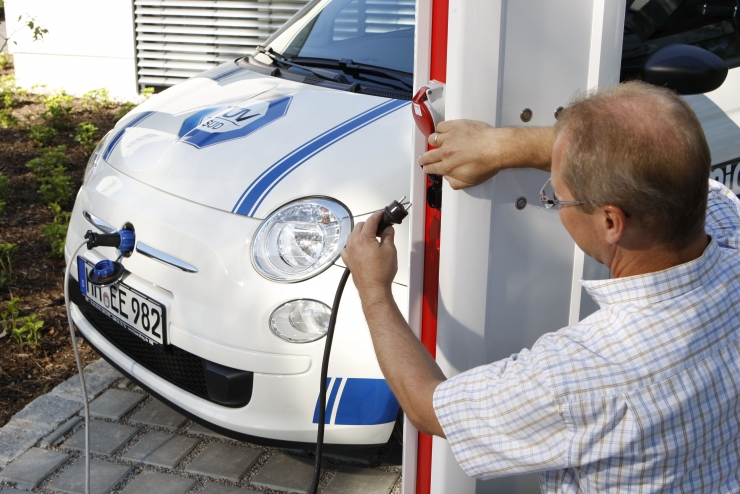
With the pollution and deterioration of the environment, electric vehicles have received the support of more and more national governments, while the United States has taken the lead.
"How fast can I run?" "A few years to replace the battery?" "For a few tens of thousands of dollars?" General new energy vehicle users and sales are asked the most, basically these three problems. For electric vehicles, the battery is the key, and the U.S. government has made efforts in this regard. Recently, a number of national laboratories and universities in the United States recently formed a research center called "Battery 500" to develop a new type of lithium battery technology that can extend the mileage of electric vehicles and reduce the cost of electric vehicles.
A few days ago, the U.S. federal government announced its plan to “accelerate the popularization of electric vehiclesâ€. Through cooperation between the government and the private sector, it will promote electric vehicles and strengthen charging infrastructure to cope with climate change, increase the use of clean energy, and reduce dependence on oil. The establishment of "Battery 500" to develop high-performance batteries is part of the plan. The U.S. Department of Energy will provide 10 million U.S. dollars annually for this agency over the next five years.
Behind the "Battery 500" is a very strong team consisting of 11 member institutions, including 4 national laboratories such as the Pacific Northwest National Laboratory, 5 research universities such as Stanford University, and car manufacturers Tesla and Technology. Company IBM. Chinese scientists also play an important role.
The goal of the research center is to increase the weight energy density of lithium batteries used in electric vehicles to 500 watts per kilogram by developing new high-energy-density materials, which is approximately two to three times the present. Weight energy density refers to the amount of energy stored by the unit weight of the battery. Lithium batteries currently used in electric vehicles have a weight energy density of 170 to 200 watt-hours per kilogram. The energy density of 500 watt-hours per kilogram means that the new lithium battery will be smaller and lighter, and the weight and size of the electric car will be correspondingly reduced, and the mileage after one charge will be doubled, which will drastically reduce the price of the electric car. This is the origin of the name "Battery 500".
It seems that with the strong support of various governments, the arrival of the era of electric cars will be faster and faster.
